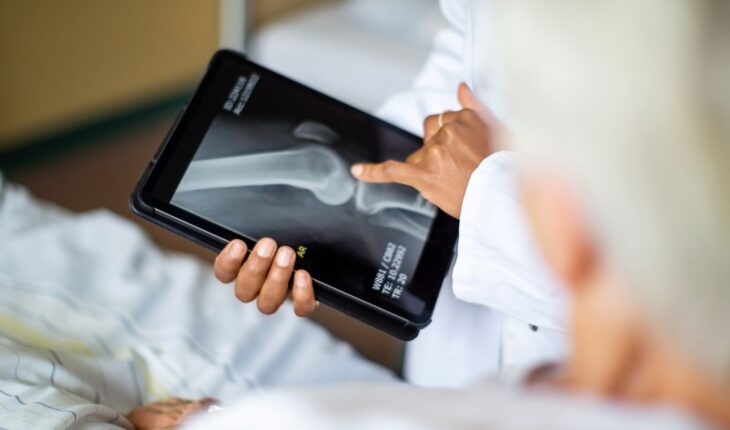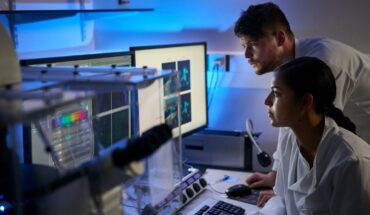The Indonesian Ministry of Health has approved an AI-assisted software from Taiwan for screening potential cases of osteoporosis.
Acer Medical’s VeriOsteo OP uses AI to analyse bone mineral density (BMD) and predict T-scores in X-ray images. It supports clinicians in assessing potential abnormalities in BMD.
WHY IT MATTERS
The Indonesian government estimates that around two in five of their population is at risk of osteoporosis. The condition may affect up to a third of women and nearly three in 10 men, according to data from the Indonesian Osteoporosis Association. Moreover, by age, Indonesians around the age of 50 are most likely to have osteoporosis.
Acer Medical in a statement further emphasised that around 16 million of the country’s elderly population is at risk of conditions related to abnormal BMD.
“Due to low awareness of the disease, many forego or delay seeking medical treatment, missing the critical period for early intervention,” it claimed.
This latest regulatory win is a second for Acer Medical in Indonesia; VeriSee DR, its flagship AI software for detecting diabetic retinopathy, has also been cleared for use in the country.
MARKET SNAPSHOT
In recent years, Indonesian hospitals have increasingly deployed medical imaging AI to raise disease detection and support clinical diagnosis.
Universitas Indonesia Hospital, for example, was the first to adopt an AI-enabled mobile X-ray device to detect various diseases, as part of its partnership with Fujifilm in 2022. Early this year, it signed another partnership with Kakao Healthcare from South Korea to pilot an AI-enabled digital diabetes app.
Universitas Gadjah Mada Academic Hospital is also collaborating with a South Korean company, Deepnoid, to test its range of medical imaging AI solutions to support the diagnosis of various lung and brain conditions.
This October, one of Indonesia’s biggest private hospital chains, Siloam Hospitals, signed a new deal to ramp up its AI implementation across departments, including pathology and radiology.
Besides hospitals, community health centres (locally called puskesmas) are also targeted for AI adoption. In particular, generative AI is currently being planned for deployment across the puskesmas in Sumedang regency.
AI adoption, among other things, is driving the growth of the medical imaging market in Indonesia, which was valued at around $370 million in 2023 and is projected to grow at a 6% CAGR through 2030.





